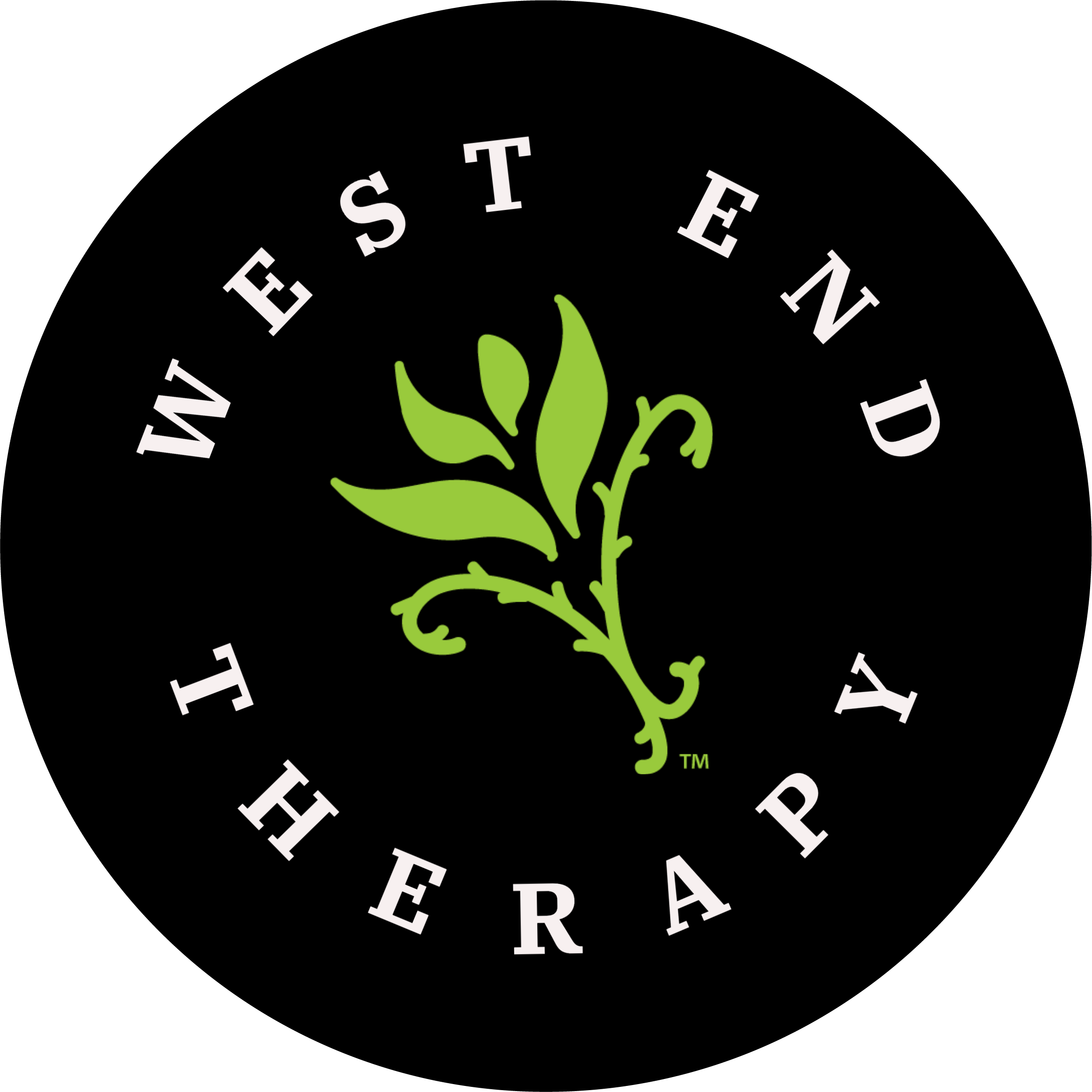
What is ADHD Therapy?
ADHD therapy in Winnipeg is designed to help children, adolescents, and adults manage the challenges of Attention Deficit Hyperactivity Disorder. ADHD is a neurodevelopmental condition that affects attention, impulse control, and activity level. While it often begins in childhood, many adults continue to experience symptoms of ADHD throughout their lives. Therapy for ADHD uses evidence-based approaches, including behavioural therapy, counselling, and skill-building interventions, to help people improve focus, regulate emotions, and build healthier daily routines.
ADHD therapy also involves education and support for family members, as they play an important role in treatment. Parents of children with ADHD may benefit from guidance on strategies to reduce stress at home, improve communication, and encourage positive behaviours. Adults with ADHD often use therapy to develop organizational skills, coping strategies, and healthier ways to manage work or relationship challenges.
Symptoms Of Attention Deficit Hyperactivity Disorder (ADHD)
The symptoms of ADHD vary but generally fall into three main categories: Inattention, hyperactivity, and impulsivity. Common symptoms of ADHD include:
Difficulty paying attention to details or following instructions
Trouble staying organized or completing tasks
Forgetfulness in daily activities
Fidgeting, restlessness, or an inability to sit still
Talking excessively or interrupting others
Difficulty waiting for turns or controlling impulses
Children often display these symptoms in school and at home, which can affect academic success and family life. Adults may struggle with time management, functioning at work, or meeting household and other responsibilities. Importantly, symptoms of ADHD may look different across age groups, and therapy focuses on tailoring strategies to each person’s unique challenges.
How ADHD Therapy Helps Improve Daily Life
ADHD therapy is not just about reducing symptoms - it is about helping people improve their quality of life. For children, therapy may lead to better academic performance, stronger peer relationships, and reduced stress at home. For adults, therapy often results in improved time management, greater workplace success, and healthier relationships.
ADHD therapy also teaches practical skills such as breaking tasks into smaller steps, using reminders or planners, and developing consistent routines. These strategies support long-term improvements in daily functioning. Family involvement in therapy helps parents and partners learn how to provide support without enabling unhelpful behaviours. With the right combination of therapy, medication, and support, many people with ADHD achieve greater independence and self-confidence.




Why Choose West End Therapy For ADHD Therapy
Frequently Asked Questions
How is ADHD diagnosed?
ADHD is diagnosed through a comprehensive evaluation that includes clinical interviews, questionnaires, and often feedback from teachers or family members. Health professionals look for a consistent pattern of symptoms of ADHD across settings such as home, school, or work. Because other conditions like anxiety and depression may appear similar, it is important to seek an evidence-based assessment from a qualified professional.
For adults in Manitoba, family doctors may choose to prescribe treatment based on their clinical impression through screening tools and meetings with you. Other times, they may request further consultation with a psychiatrist. This service is provided by Manitoba Health. For children, it is typically recommended that they participate in a formalized assessment by a psychologist. The public school system in Manitoba can provide these assessments. However, due to wait times and accessibility, some families opt to pursue assessment by a private psychologist.
What are common ADHD treatment methods?
The treatment of ADHD usually combines therapy, medication, and skill-building. Behavioural therapy and cognitive-behavioural therapy are commonly used to help children and adults build coping strategies. Medication may be prescribed to reduce core symptoms, and support groups provide encouragement and practical tips. This combination ensures long-term improvements in daily functioning.
Can ADHD therapy be done online in Winnipeg?
Yes, many therapy clinics in Winnipeg, including West End Therapy, offer online ADHD therapy sessions. This provides flexibility for people who may have difficulty attending in-person appointments. Online therapy includes behavioural therapy, skills training, and family sessions, making it easier for children, adults, and families to access the support they need.






